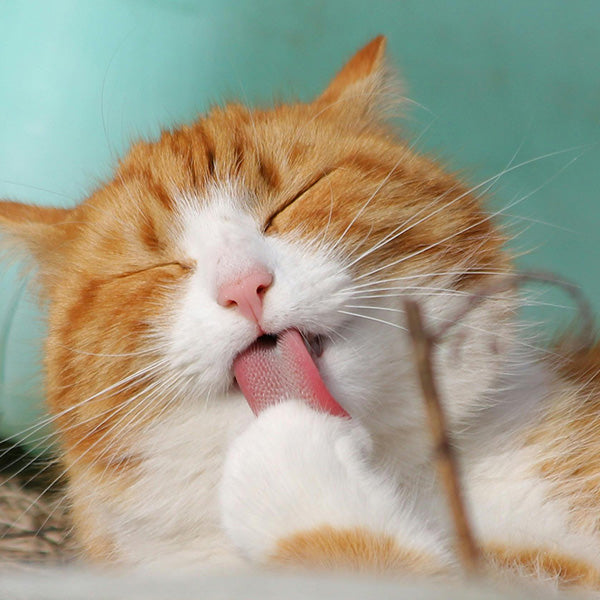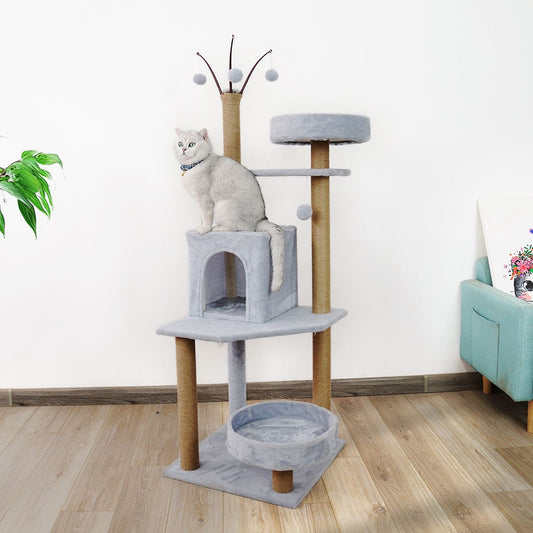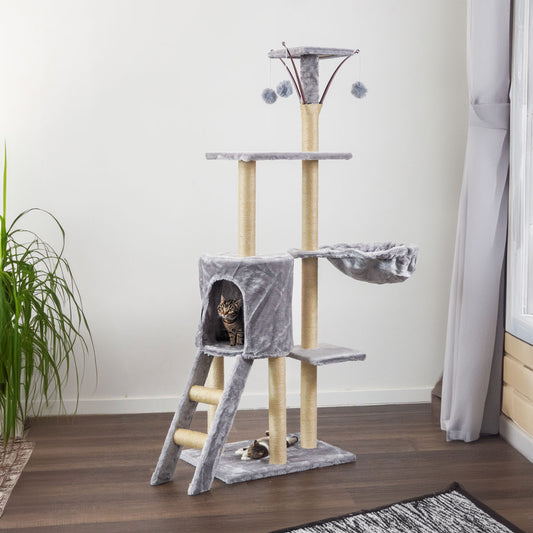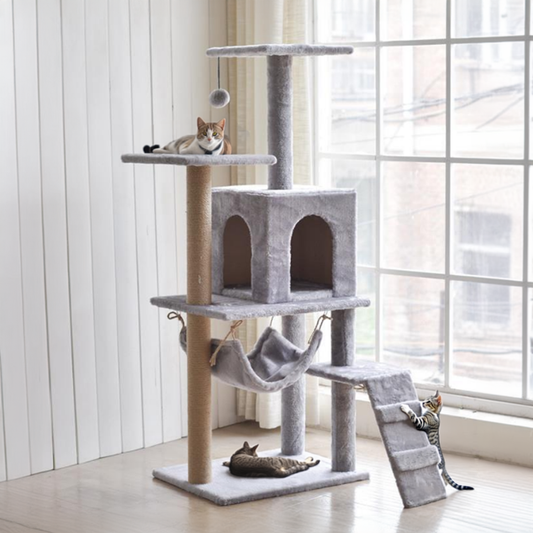Vaccinating your cat is an important aspect of responsible pet ownership. Vaccines help protect your feline friend from various diseases and can significantly improve their overall health and well-being. However, it's essential to understand the considerations involved in the vaccination process to make informed decisions for your cat's health. Here are the top 10 considerations for vaccinating your cat:
1. Consult with a Veterinarian
Before vaccinating your cat, consult with a veterinarian who can provide expert advice tailored to your cat's specific needs. They will assess your cat's health, lifestyle, and risk factors to determine the appropriate vaccines and vaccination schedule.
2. Core Vaccines
Core vaccines are essential for all cats as they protect against common and potentially life-threatening diseases. These vaccines typically include feline panleukopenia, feline herpesvirus, and feline calicivirus.
3. Non-Core Vaccines
Non-core vaccines are optional and depend on your cat's lifestyle and risk factors. These vaccines protect against diseases such as feline leukemia virus (FeLV), feline immunodeficiency virus (FIV), and feline infectious peritonitis (FIP).
4. Vaccination Schedule
Follow the recommended vaccination schedule provided by your veterinarian. Kittens require a series of vaccinations starting at around 6-8 weeks of age, with booster shots given every 3-4 weeks until they reach 16 weeks of age. Adult cats typically receive booster shots every 1-3 years.
5. Vaccine Side Effects
While vaccines are generally safe, some cats may experience mild side effects such as lethargy, fever, or localized swelling at the injection site. Severe reactions are rare but can occur. Monitor your cat after vaccination and contact your veterinarian if you notice any concerning symptoms.
6. Indoor vs. Outdoor Cats
The vaccination needs of indoor and outdoor cats may differ. Outdoor cats have a higher risk of exposure to infectious diseases and may require additional vaccines, such as FeLV. Indoor cats, on the other hand, may have a lower risk but can still benefit from core vaccines.
7. Travel Considerations
If you plan to travel with your cat or board them in a kennel, certain vaccines may be required. Check the vaccination requirements of your destination or boarding facility well in advance to ensure your cat is up to date with the necessary vaccines.
8. Vaccine Titer Testing
In some cases, vaccine titer testing can be an alternative to routine vaccination. Titer testing measures the level of antibodies in your cat's blood to determine if they still have sufficient immunity against certain diseases. Discuss this option with your veterinarian.
9. Health Conditions and Allergies
If your cat has underlying health conditions or allergies, inform your veterinarian before vaccination. They can make appropriate adjustments to the vaccine selection or administration to ensure your cat's safety and well-being.
10. Regular Check-ups
Regular veterinary check-ups are crucial for monitoring your cat's overall health and vaccination status. Your veterinarian will assess if any vaccine updates are necessary based on your cat's age, lifestyle, and changing risk factors.
Remember, vaccination is just one aspect of maintaining your cat's health. Providing a balanced diet, regular exercise, and a stress-free environment are equally important for their well-being. By considering these top 10 factors, you can make informed decisions and ensure your cat stays healthy and protected against preventable diseases.





